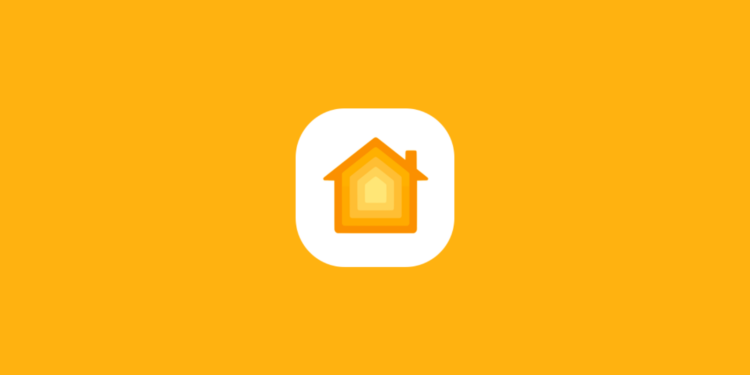The term "smart home" has undergone many developments in recent years. After the initial hype has died down somewhat, it is now clear that networked household appliances and systems are more popular than ever. Apple, known for its innovations and high standards, now wants to enter the smart home business again. This time, the company plans to redefine the market with an IP camera and other devices and reach millions of households.
The smart home market has changed and developed significantly in recent years. Apple used to be considered a pioneer, but strict, proprietary standards prevented the company from achieving market leadership. Today, however, Apple is adapting to the new standards and planning a comeback that could influence the entire industry. With products such as an IP camera and a HomePod with a swivel arm, Apple wants to once again become the central point of contact for smart home users. Particularly exciting: the integration of Apple Intelligence and the prospect of maximum data protection.
Apple's new IP camera: A milestone in the smart home market?
According to well-known analyst Ming-Chi Kuo plant Apple is planning to release its own smart home camera, which is expected to hit the market in 2026. Although the market for IP cameras is already well filled, Apple sees enormous potential for such a product. Because unlike many other brands, Apple could rely on the strength of its ecosystem. What exactly does that mean?
- Integration into the Apple ecosystem: A major advantage of the planned IP camera would be seamless integration into the Apple universe. Users of iPhones, iPads and Macs could rely on intuitive controls and smooth networking. The camera could communicate easily with the Home app and Siri, making everyday life much easier.
- Privacy as a selling point: Privacy is one of Apple's core philosophies. While other providers often use data from surveillance cameras for advertising purposes, Apple could take a different approach here. The company has proven in the past that privacy is an essential part of its products - this could be a decisive factor in the success of the IP camera.
- Apple Intelligence and innovative control: Apple plans to equip the camera with intelligent control and "Apple Intelligence". This could enable automated processes and adjustments to the individual needs of users, which could take the comfort and security in your home to a new level.
- Powerful hardware: With the option to integrate a powerful A or M chip, Apple could also set its camera apart from the competition in terms of hardware. Such a camera would not only be faster and more reliable but could also offer better image quality and advanced features such as facial recognition or motion detection.
The new standard: Matter
A key difference from Apple's previous strategy is its support for the Matter standard. Matter is a new, open standard that allows devices from different manufacturers to communicate seamlessly with each other. For you, this means fewer compatibility issues and a wider choice of compatible devices. By supporting Matter, Apple could present itself as more open and user-friendly - which in turn could attract more customers.
A Smart Home with Apple – safe, intelligent and connected
Apple is in the process of redefining its place in the smart home market. With the planned IP camera, the company is showing a strong commitment to intelligent, secure and user-friendly solutions. By integrating into the Apple ecosystem, respecting data protection and supporting open standards such as Matter, Apple could become the preferred provider of smart home products. For you as a user, this means exciting innovations, simpler control and a smart home that better meets your needs. Whether the IP camera and the HomePod will actually be as successful as predicted remains to be seen. But one thing is certain: Apple has recognized the signs of the times and could have a lasting impact on the smart home world. (Image: Apple)





